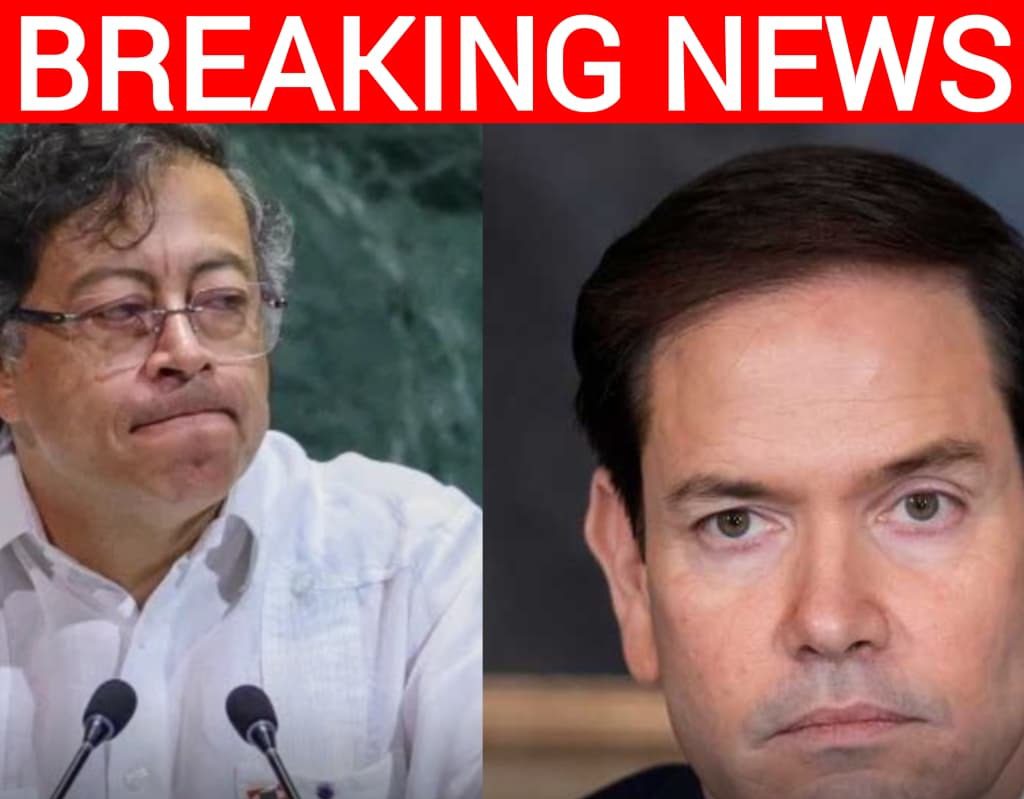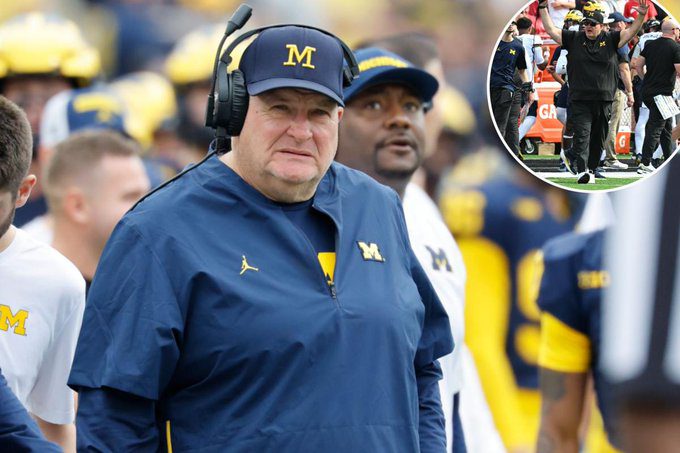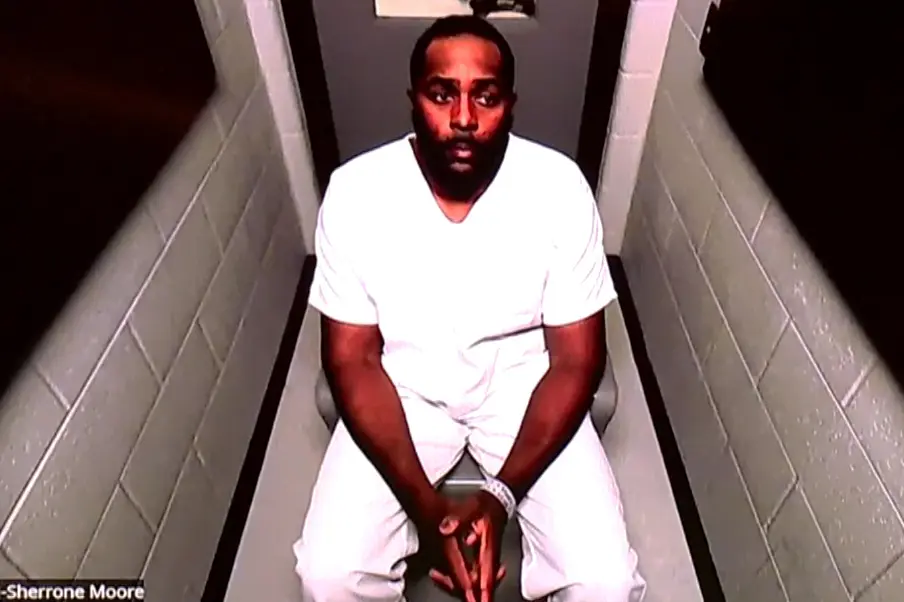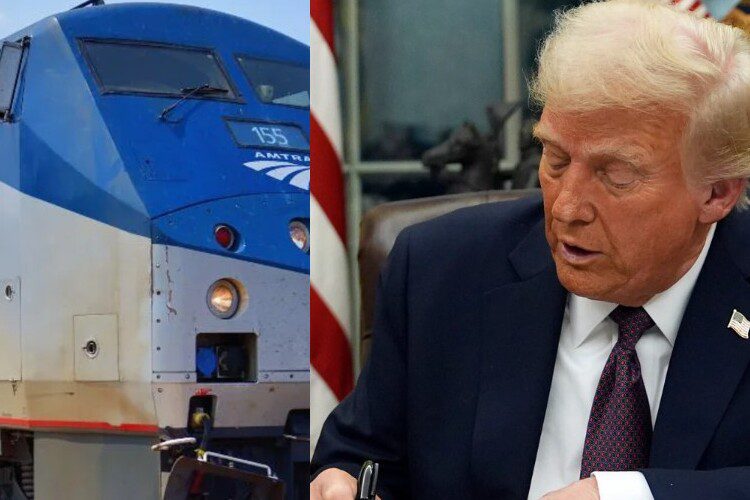Secretary of State Marco Rubio Revokes Visa of Colombian President Gustavo Petro After Fiery NYC Rally Speech Urging U.S. Soldiers to Disobey Orders
In a dramatic turn of events that underscores the fragility of U.S.–Colombia relations, U.S. Secretary of State Marco Rubio has revoked the visa of Colombian President Gustavo Petro. The decision came swiftly after Petro’s controversial appearance at a rally in New York City on September 26, 2025, where he urged American soldiers to disobey orders and called for the formation of what he described as a “world salvation army” to resist tyranny. The remarks, which drew immediate international attention, were described by Rubio as reckless, incendiary, and a direct threat to U.S. national security.
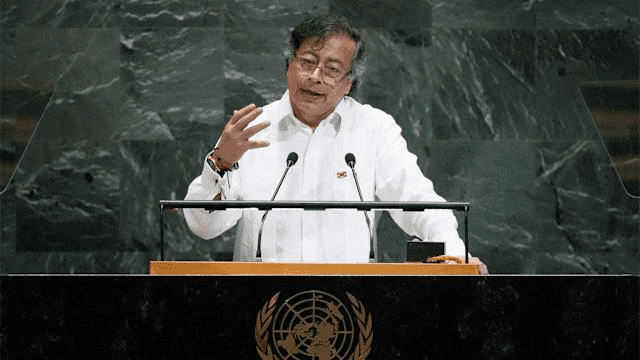
According to reporting from the BBC on the same day, Rubio’s decision was not only a response to Petro’s speech but also part of a broader State Department policy shift announced earlier in the year. On May 28, 2025, the State Department introduced new guidelines granting the Secretary of State expanded authority to revoke visas of foreign officials who incite unrest or undermine U.S. military and diplomatic personnel. Petro’s comments, delivered on American soil and directed at U.S. service members, fell squarely into that category.
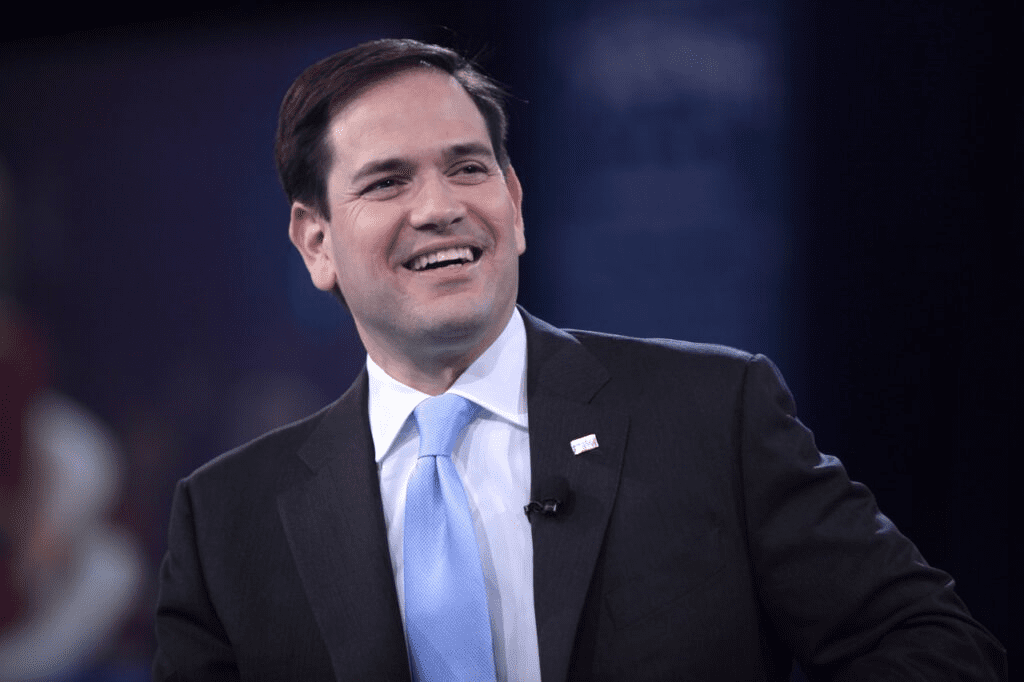
The revocation is not without precedent. In recent years, the U.S. has taken similar steps against foreign officials following inflammatory statements. After the assassination of an American journalist in Colombia in 2023, for instance, visas were revoked from several Colombian officials accused of downplaying or excusing the incident. This history reinforces the idea that the U.S. government views visa revocation not as a symbolic punishment, but as a concrete diplomatic tool to assert boundaries when foreign leaders cross certain lines.
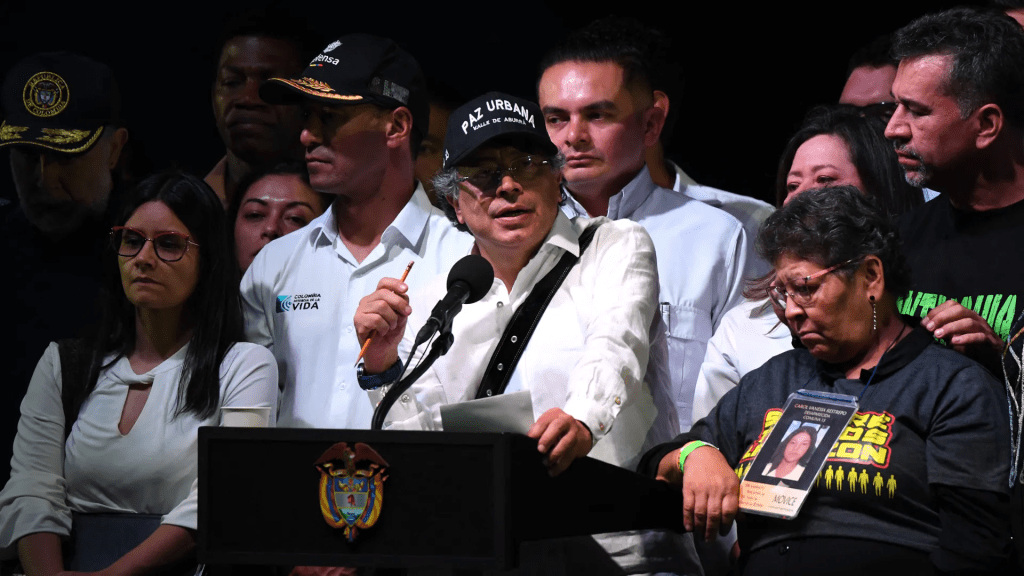
Petro’s speech in New York echoed themes from his address to the UN General Assembly just two days earlier, on September 24. There, he criticized global powers for ignoring the majority of UN member states on issues like the Gaza conflict, painting the United States and its allies as unresponsive to the will of the international community. By urging American soldiers to defy their own government soon afterward, Petro escalated those critiques into what U.S. officials interpreted as an active incitement to disorder. For Rubio, the remarks were not merely political theater but a dangerous provocation that could not be ignored.
The decision to revoke Petro’s visa is likely to intensify tensions between Washington and Bogotá. Colombia has long been a strategic ally of the United States, especially in security and counter-narcotics operations. Yet under Petro’s leadership, the relationship has grown increasingly strained. His left-leaning policies, frequent criticism of U.S. foreign policy, and willingness to use global platforms to amplify those critiques have drawn sharp rebukes from American officials. The visa revocation represents the most direct clash yet between the two governments.
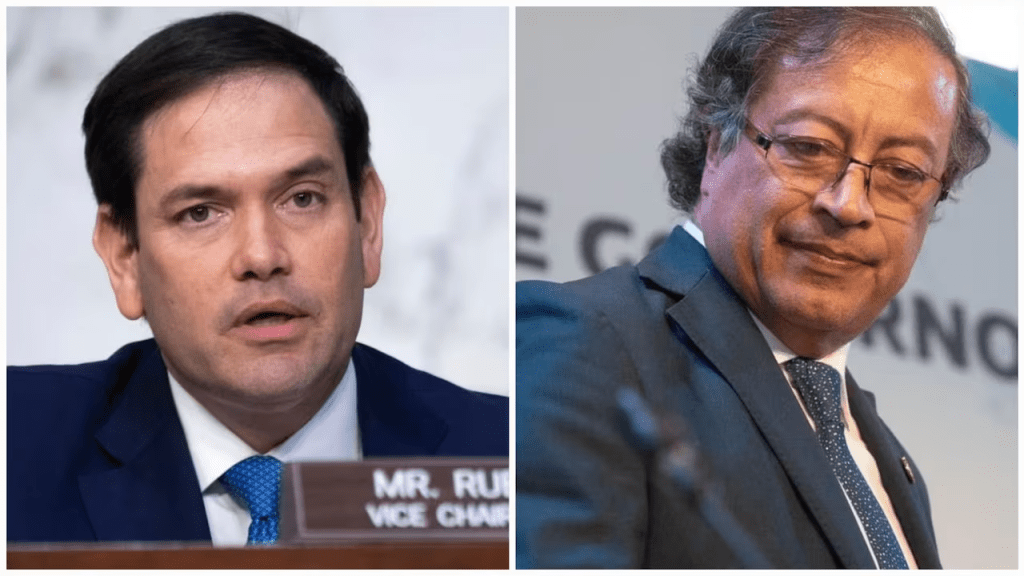
Reactions in Colombia are expected to be polarized. Supporters of Petro may frame the U.S. move as heavy-handed interference, reinforcing Petro’s narrative that Washington is intolerant of dissent. Critics within Colombia, however, may see it as a sign that Petro’s confrontational approach is isolating the country at a time when strong diplomatic relationships are more critical than ever.
For Rubio, the move underscores his reputation for decisiveness and toughness on foreign policy. In his statement, he declared: “We will revoke Petro’s visa due to his reckless and incendiary actions.” The clarity of that message is likely intended not just for Petro but for other leaders who may be tempted to use American soil as a stage for undermining U.S. authority.
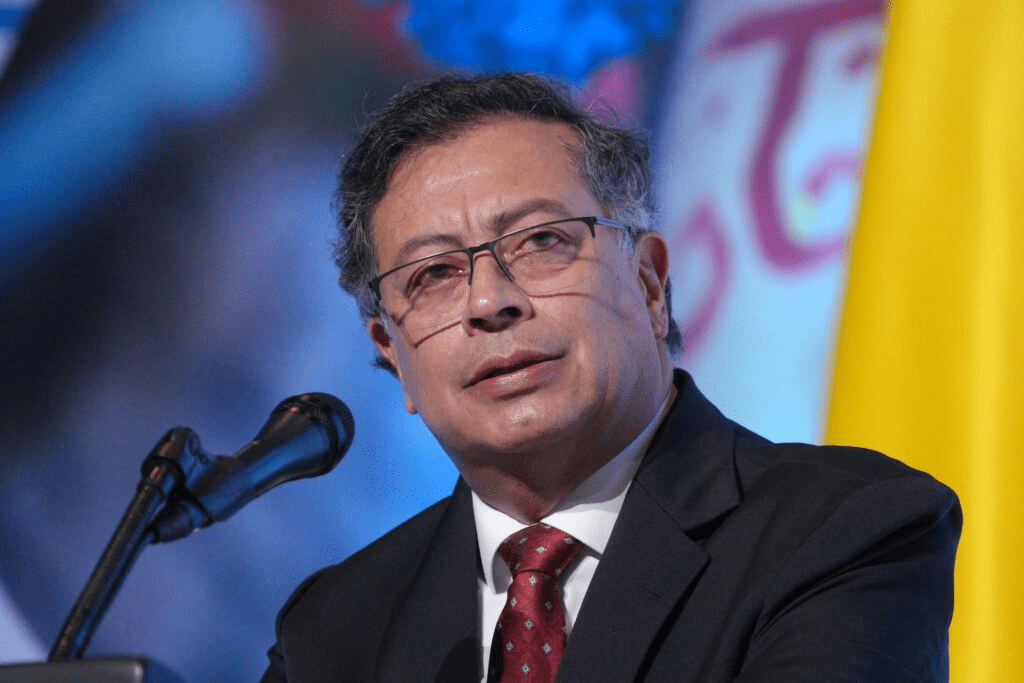
As the dust settles, the visa revocation marks a significant moment in U.S. diplomacy. It shows that under Rubio’s leadership at the State Department, the United States is willing to draw hard lines even with leaders of partner nations. Whether this escalates into a larger diplomatic rift or serves as a warning that tempers future rhetoric remains to be seen. But one thing is certain: the episode has cast a new and sharper spotlight on the already fragile U.S.–Colombia alliance.
